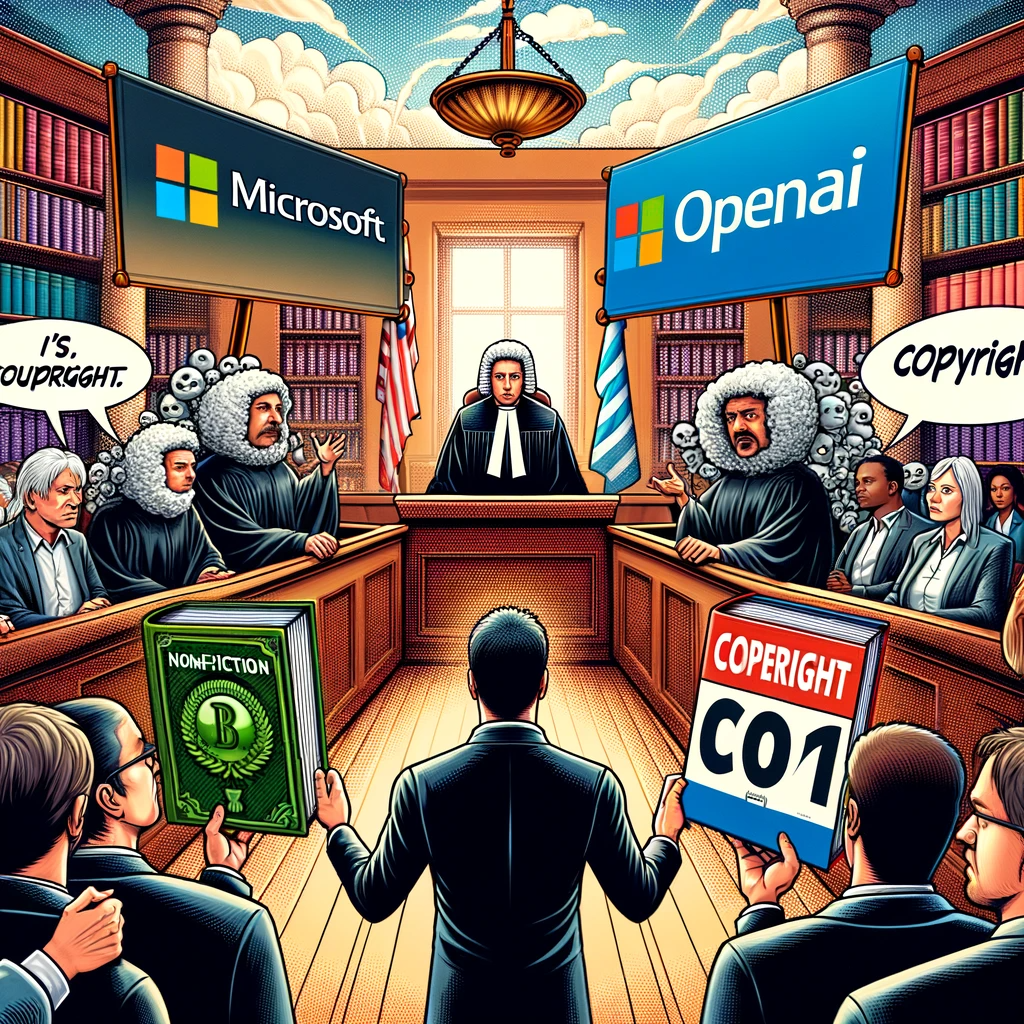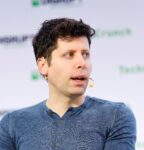Class Action Lawsuit Against OpenAI and Microsoft for Use of Protected Works

November 29, 2023
A new class action lawsuit has been filed against OpenAI and Microsoft. The lawsuit claims that the companies trained the AI chatbot ChatGPT and its subsequent versions on copyrighted materials. These materials were sourced from non-fiction authors and academic journals without obtaining their consent.
The Case
The principal plaintiff in the case is Julian Sanction, author of the New York Times bestseller ‘Madhouse at the End of the Earth: The Belgica’s Journey Into the Dark Antarctic.’ According to the lawsuit filed by the legal firm Susman Godfrey LLP, Sanction has invested five years and tens of thousands of dollars in traveling the world. He did this to conduct research for his book. In response to an inquiry, ChatGPT confirmed that Sanction’s book was part of the dataset used to train the chatbot, as reported in the lawsuit.
Sanction and thousands of other writers did not give their consent nor have they been compensated for the use of their intellectual property in the training of AI, underlines the lawsuit. Their complaint also highlights the fact that Microsoft and OpenAI have commercialized their AI models, generating billions of dollars of revenue through products such as Bing Chat and ChatGPT Enterprise.
Accusations of Copyright Infringement
‘Non-fiction authors often spend years to conceive, research, and write their works. While OpenAI and Microsoft refuse to pay non-fiction authors, their AI platform is worth a fortune. The foundation of the OpenAI platform is nothing other than the stolen fruits of works protected by copyright‘, states the lawsuit.
Another copyright-related case is currently being faced by OpenAI and Microsoft. In September, well-known literary figures such as screenwriter Michael Chabon, journalist Rachel Louise Snyder, and narrator Matthew Klam filed a lawsuit against OpenAI for copyright violation. The lawsuit alleged that OpenAI violated copyright by using materials without permission.
OpenAI Cited in Court by Artists Too
Over the past year, the company has been cited in court by artists and creators. They allege that their works were used to train various artificial intelligence systems to generate new types of content. However, this case stands out from the others. It is the first class action lawsuit related to ChatGPT that names Microsoft as a defendant.
‘The defendants’ models have been calibrated (or ‘trained’) by reproducing a vast corpus of material protected by copyright, including dozens or hundreds of thousands of non-fiction books’, the lawsuit alleges.
In response to similar previous accusations of copyright violation, OpenAI has declared that the contents generated by ChatGPT do not constitute a ‘derivative work.’ Consequently, they argue that this does not amount to a copyright violation. Microsoft has not immediately responded to Forbes’ and OpenAI’s requests for comments. Additionally, the company has declined to comment on the lawsuit in progress.








